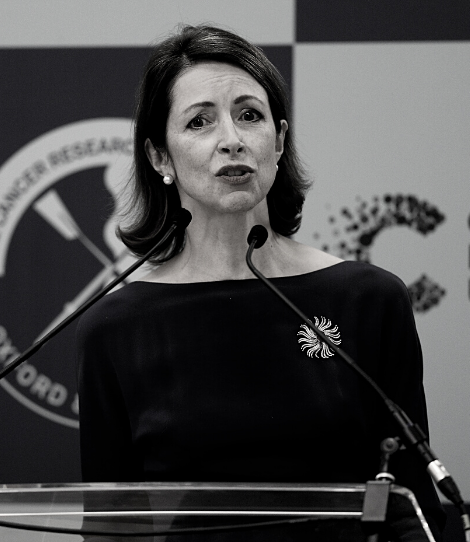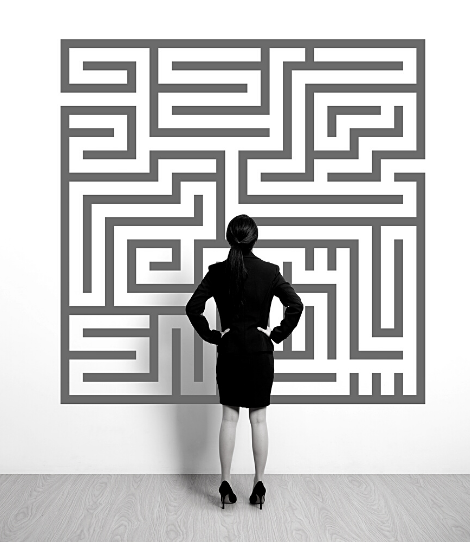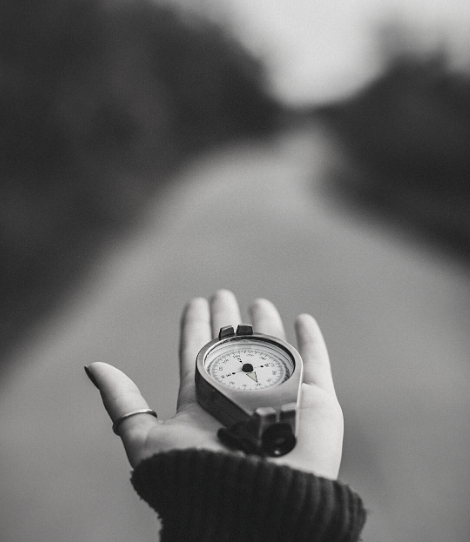Three years ago, in my late 40s, I wrote a book about my rackety life and the part my dog played in restoring it to more wholesome order. As I wrote, the big question was, Should I be frank about how abandoned my life was – late nights, parties, missed deadlines. Frankly, a lot of booze. “Just make it about the dog,” one close friend said, fretful. Completely certain, I said ‘no’ because honesty (and the entertainment value in other people’s catastrophes) struck me as more important than reputation.
Being broke: More shameful than drugs
It was another subject that gave me pause, and repeatedly had my fingers hovering cautiously over the keyboard. How terrible I am with money, how frequently I am stone broke. Debt, errant spending and the pathetic lurch of a life spent living hand to mouth had me cringing in shame way more than any seedy criminal activity would.
Being badgered by HMRC is a seasonal thing for me, like asparagus and gulls eggs. No savings, no pension, no healthcare insurance, the only place I can see any meaningful sums next to my name is in the loan accounts that I have dragged around behind me for my entire adult life like a sack of fetid underwear. I won’t be able to retire, ever. If I lose the ability to think, type, stack shelves or write, it’s game over. I live hand to mouth. I am, in the parlance of economists, a HtM consumer.
How do I keep myself living hand to mouth?
What this means is I’ll spend the last £20 I have in the world on a cheap blow dry. I sometimes scrump change from my boyfriend’s pockets to buy the dog a packet of mince. I racked up little debts at the coffee shop, the greengrocers stall, the newsagents. I still borrow money from my Mum occasionally. And when payday comes, Whoopeeeeeee! It’s big tips all round, fine wines, cake in white boxes, gifts and grand gestures.
I don’t plan, but my partner does
Complementary needs theory is a mate selection theory that attempts to explain why individuals choose the mates that they do. I believe it to be a very smart theory. I live with a man who is obsessed by his credit rating and as we settled down together, he urged – no, begged me – to manage mine (mostly, I suspect so that his credit rating wasn’t adversely affected).
We live together, I make the bills and I keep very quiet about the fact that the other day I was £7 off (OK, OK, over) my overdraft limit. I white-knuckled it as mortgage paying day approached. The air felt thin, my brain struggled to focus on anything but this impending financial drama. And then? I made the mortgage because by some miracle that had nothing to do with financial planning I got paid for something the very same day.
Phew! When you live HtM there’s a great reliance on the universe providing. Once the universe has provided, I breathe different air. My relationship gets better when I have money in my account. I feel safer, more confident and grounded. As my finances move back to the knife edge, the oxygen is removed from my atmosphere again.
I’m part of the wealthy hand to mouth
Poor people are forced to live hand to mouth. Poverty has wide reaching risks to human life. It is crushing, hobbling and decimates hope. Make no mistake, I am not rich, but neither am I poor. HtM living does not always translate into poverty, but poverty always means living hand to mouth.
So why does someone with a reasonable income, who has a mortgage on a flat in an expensive part of London, live the disquieting financial patterns of the poor?
In The Wealthy Hand to Mouth, a Brookings Institute study from 2014, it was estimated that of 38 million Americans with no savings, two thirds of them were not poor. Like those two thirds, I instinctively adapt my spending to track changes in income: income goes down = spend less, income goes up = spend more.
We need to understand the psychology of debt
There is also my debt, not insane amounts, but enough. The capitalist system exploits desperate people in need of money with usury, with crappy rates of interest. Debt is responsible for so much misery.
The psychology of debt is well-studied. It is debt that keeps poor people poor. Debt forces people to live in the moment, which sounds pretty Zen, but isn’t. The “live now because the future is terrifying” attitude meant that I always put instant over deferred gratification. Debt makes it hard to complete the marshmallow test.
The madness of it is that you experience a roller coaster of living HtM that is normally reserved for the unfortunate and poor. In the early 19th century, the English essayist and philosopher, William Hazlitt, wrote, “The poor live from hand to mouth, because, in general, they have no hopes of living in any other way. They seldom think of the future, because they are afraid to think of it.”
Debt can make us reckless
I’m with Hazlitt here, who wrote those words in answer to the theories of Thomas Malthus, the pious economist who blamed the poor for all their problems. Debt makes you rash, it makes you go, Fuck it.
A Singaporean study from 2019 found that removing debt from the poor had clear and positive consequences on their decision making. That living with debt created a “bandwidth tax”, using up essential space in the mind.
Why am I like this?
Is this the chaotic and unsettling life I’m doomed to for the rest of my days? Or is it a habit – like drinking or smoking – that can be given up? I feel no self pity, but I do wonder why am I like this?
When I was in my first job in my early twenties at a business publishing house, the managing director’s PA and I were friends. She was a Black woman from a working-class family, she dressed smartly and had not been to university. I was a middle-class white woman, the daughter of a doctor, I did not dress very smartly and had just graduated. By roughly similar ages she owned two flats and I had…two loans. Why wasn’t I more like her?
What’s the root cause of my money problems?
Perhaps I was entitled, spoilt and babyish. Perhaps I had a very poor attention span. Perhaps low self-esteem made me treat money like a drug, or a stick to beat myself with. Certainly, I think you can learn and inherit bad juju around money. There’s a theory that kids who learn music are better at saying no to the one marshmallow in favour of the two. The Perhaps could go on for ever. The way money was discussed in my family was almost entirely negative – money was associated with loss, fear, self-pity, lack and resentment.
I always dream that one day that something I write will win me big cash money prizes. When I dream about other things, I mentally bat the ideas to the queue behind that like, the woman who thinks her life will be perfect if she loses three stone.
The real problem with living hand to mouth
Two centuries on from Hazlitt and Malthus and the problem with living hand to mouth remains, which is that you can’t ever really dream. Dreams require a solid base and a rainy day stash for their implementation. And, as I cringingly admit here, I’m just the cash incontinent fool who earns and spends.
Kate Spicer’s Money Diary: Coffee and dog food
Note: This piece contains affiliate links.
Monday
5.30am – Today is the day I get my life together. Drink warm water and lemon juice in bed, skim papers. Make plans: walk dogs early, at desk before 8am, finish latest book proposal, pitch story ideas pegged to the news…
Tuesday
Wednesday
Thursday
Friday
Saturday
Sunday
financial-advice-for-women
View All
Women and Wealth with Baroness Helena Morrissey
Lay out a viable strategy for your financial future and have a one-to-one financial makeover.
Reboot Retreats

Picture: Getty Images
Find your purpose Part 1: Be the woman you want to be
Are you where you want to be in life? Sheila V tells how to find a courageous new path


